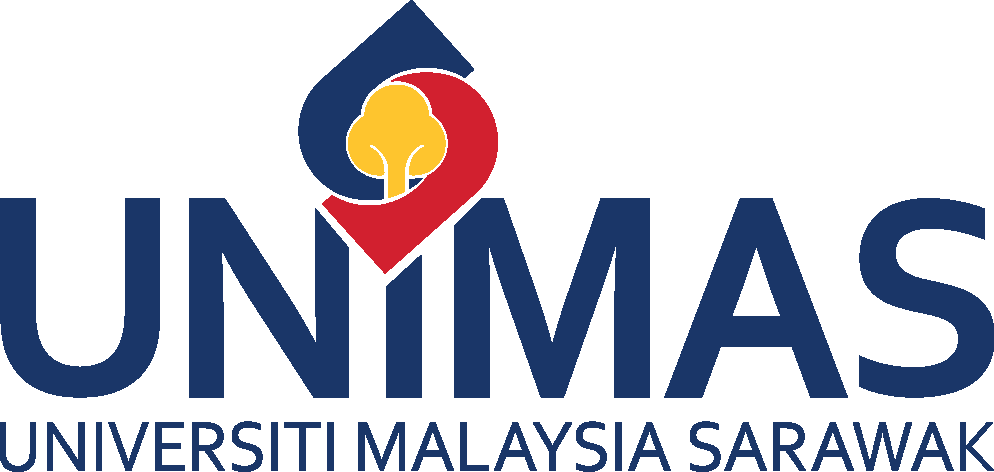What is ISO?
International Standardisation Organisation(ISO) Pertubuhan Penstandardan Antarabangsa or is the Federal National Standards (ISO member bodies) worldwide. It is also a written standard that defines and describes the basic requirements that must be included in the quality system to ensure the services provided by an organisation can meet the customer’s requirements. This International Standard promotes the adoption of a process approach when developing, implementing and improving the effectiveness of the quality management system to enhance customer satisfaction by meeting the customer’s requirements.
What is the relationship between ISO 9001 and Quality?
ISO 9001 is an international standard that describes the requirements of the Quality Management System. It is applied in an organization to demonstrate its ability to produce products and a consistent provision of services in accordance with the customer’s and the existing legal requirements. The application of ISO promotes the process approach in developing, implementing and improving the effectiveness of the Quality Management System.
What is the relationship between ISO and Total Quality Management (TQM)?
ISO provides a solid foundation for the implementation of TQM. TQM is a quality management process based on customer-oriented quality philosophy, ongoing, involving all aspects of the organisation and emphasis on teamwork. The main aspects of the organisation that become the focus of TQM are management support, quality strategic planning and management processes. Quality system and quality assurance system that are realised through the implementation of ISO will increase the effectiveness and efficiency of the process management focused by TQM. Thus, the implementation of the ISO can consolidate efforts towards the implementation of TQM.
What are the Benefits of ISO 9001?
ISO 9001 implementation will benefit the organization inclusive of the following:
- Reducing the corrective actions taken after the occurrence of a problem.
- Enabling organisations to identify tasks that should be carried out as well as detailing the actions to be taken.
- Providing a structured method for documenting management practices and ways of working.
- Enabling organisations to identify and address the problem and prevent it from recurring.
- Enabling staff to perform their duties correctly right at the first and every time.
- Enabling organisations to prove to the party making the assessment that the services provided and the system used are controlled.
- Enabling organisations to make better decisions through important information.
What is the scope of the QMS in UNIMAS?
Scope of Certification
- Management of Enrolment, Registration, Assessment and Certification of Undergraduate;
- Development of knowledge Management and Provision of Information Services;
- Management of Registration of New Undergraduate Student's Hostel;
- Enrolment, Registration, Assessment of Coursework Program Postgraduate Students;
- Management of Research Grant Application and Research Monitoring; and
- Management of Internal Audit


